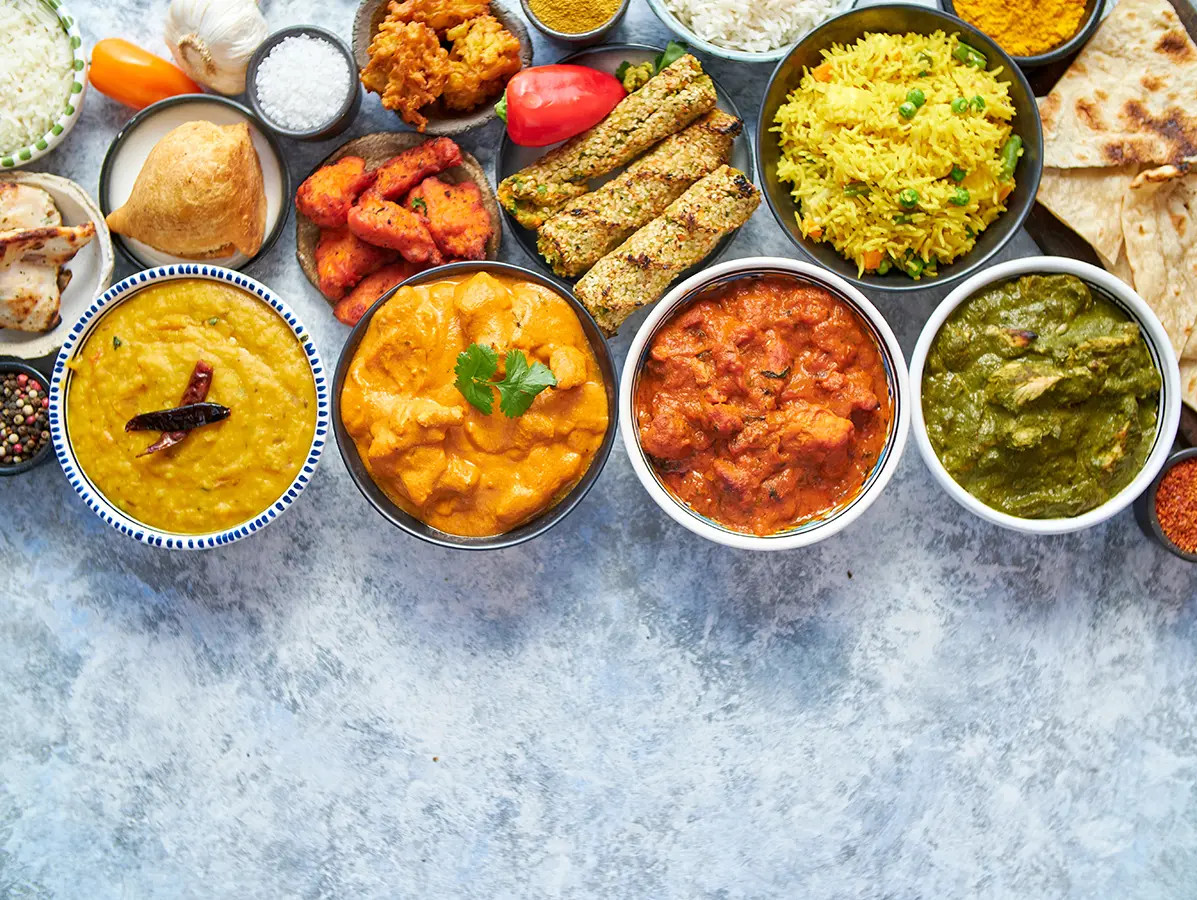
The hidden costs of our food are rising rapidly, impacting everything from our health to the environment. The FAO's latest report, "State of Food and Agriculture 2024," indicates that now is the time for a value-driven transformation in how we produce and consume food.
Behind every meal are costs that aren't reflected on supermarket price tags. According to the report, the hidden costs of agrifood systems globally exceed ten trillion dollars. The largest of these costs? Our health. The lack of adequate nutrition, such as whole grains and fruits, combined with high salt consumption, is driving a rise in non-communicable diseases. And that’s only part of the hidden impact. Environmental damage from intensive agriculture and social issues, such as underpayment of workers, are also part of the bill.
The FAO proposes categorizing countries into six types of agrifood systems, ranging from crisis areas struggling with food insecurity to industrial systems driven by large-scale production. This framework helps determine the appropriate policy measures for each. Emerging markets, for instance, may need to address the prevalence of ultra-processed foods, while industrial countries might focus on promoting healthier food choices. In crisis-affected countries, a comprehensive approach beyond food aid is required, tackling poverty and environmental issues at their roots.
The report highlights the importance of cooperation between governments, businesses, and community organizations. Consumers play a crucial role through their choices at the supermarket, which can impact the entire supply chain. At the same time, governments can support this shift through clear regulations and targeted subsidies. By making the hidden costs of food production visible, policymakers and consumers can work together toward a sustainable and healthy food system for the future.
Read the full report: 'The State of Food and Agriculture 2024.'
Fao.org
Source: FAO